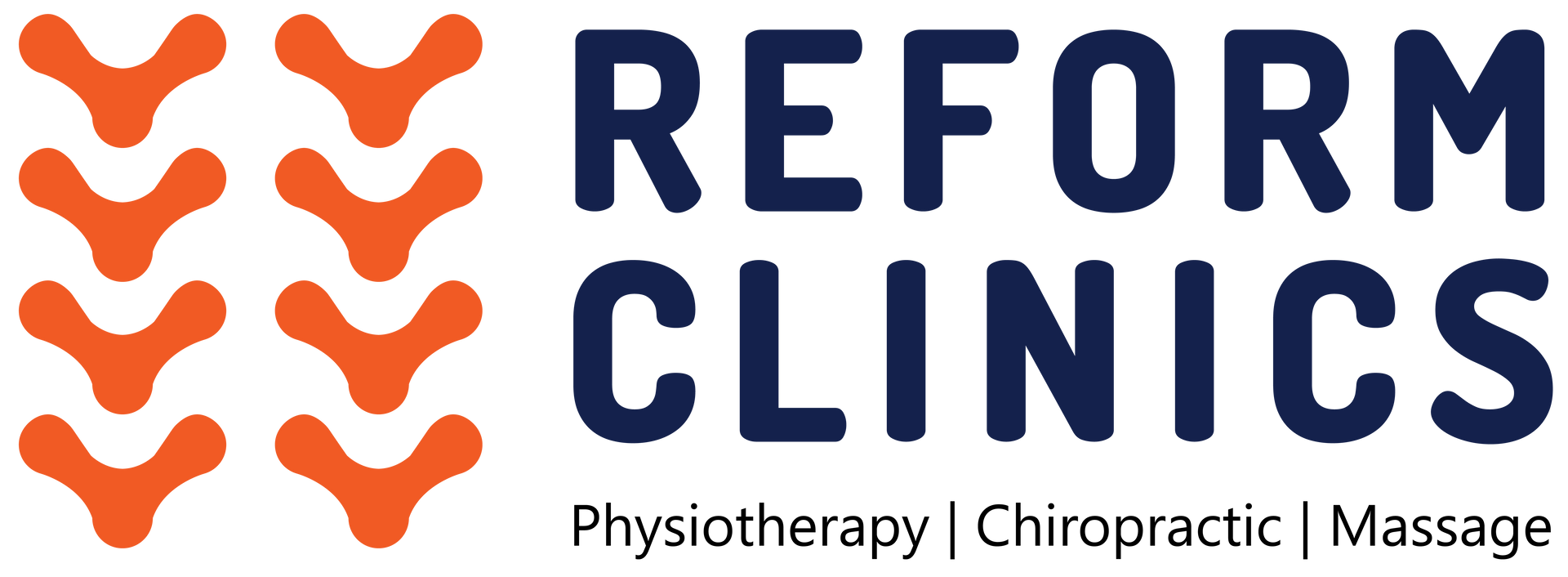Exploring Common Questions About Concussion Treatment and Management
Concussions are a common type of traumatic brain injury that can occur as a result of a blow to the head or body, or from a fall or other type of accident. In recent years, there has been an increased focus on the importance of proper concussion treatment and management, particularly in the realm of sports. If you or someone you know has suffered a concussion, it's important to understand the basics of concussion treatment and management. Here are some common questions people have about concussion treatment and management.
What is the best way to treat a concussion?
The first and most important step in treating a concussion is to rest. This means avoiding physical activity, including sports, until all symptoms of the concussion have resolved. This may take a few days to a few weeks, depending on the severity of the concussion.
Other treatments for concussion may include over-the-counter pain relievers, such as acetaminophen or ibuprofen, to help manage headache pain. It's important to avoid aspirin or other non-steroidal anti-inflammatory drugs (NSAIDs) until a doctor has evaluated the concussion, as these medications can increase the risk of bleeding.
In some cases, a doctor may recommend prescription medications to help manage symptoms such as anxiety, depression, or sleep disturbances. Additionally, cognitive or physical therapy may be recommended to help with recovery.
How long does it take to recover from a concussion?
The length of recovery time from a concussion can vary greatly depending on the individual and the severity of the concussion. Most people recover from a concussion within a few days to a few weeks, but some people may experience symptoms for months or even years after the initial injury.
It's important to listen to your body during the recovery process and to avoid physical activity until all symptoms have resolved. Your doctor may recommend follow-up appointments to monitor your progress and make sure you're on track for a full recovery.
Is it safe to return to sports after a concussion?
Returning to sports after a concussion is a process that should be done under the guidance of a healthcare professional. It's important to avoid physical activity until all symptoms of the concussion have resolved and to gradually return to activity under the guidance of a doctor or physical therapist.
There are several steps involved in the return-to-sport process, including a gradual increase in physical activity, cognitive testing to ensure that brain function has fully recovered, and a clearance from a healthcare professional.
What are the long-term effects of a concussion?
The long-term effects of a concussion can vary depending on the severity of the injury and the individual. Some people may experience no long-term effects from a concussion, while others may experience chronic headaches, mood disturbances, and difficulty with concentration or memory.
It's important to seek medical attention if you experience any symptoms after a concussion, as early treatment can help reduce the risk of long-term complications.
How can Reform Clinics help with concussion treatment and management?
Reform Clinics is a healthcare clinic that specializes in concussion treatment and management. Our team of healthcare professionals has extensive experience working with athletes and other individuals who have suffered concussions.
We offer a range of services to help with concussion treatment and management, including cognitive and physical therapy, medication management, and neuropsychological testing. Our goal is to provide personalized care to each of our patients to ensure the best possible outcomes.
If you or someone you know has suffered a concussion, contact Reform Clinics to learn more about our services and how we can help with concussion treatment and management.
In conclusion, concussion treatment and management is an important topic that should be taken seriously. If you or someone you know has suffered a concussion, it's important to seek medical attention and follow the proper protocols for recovery. Contact Reform Clinics today to learn more about our concussion treatment and management services.










